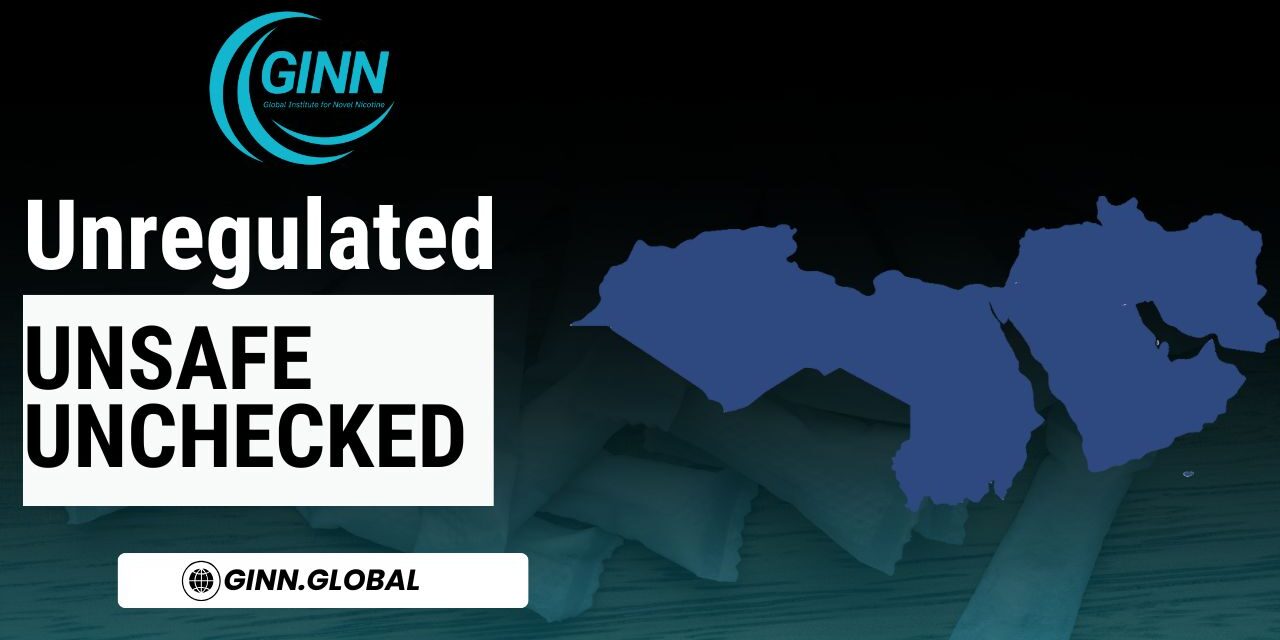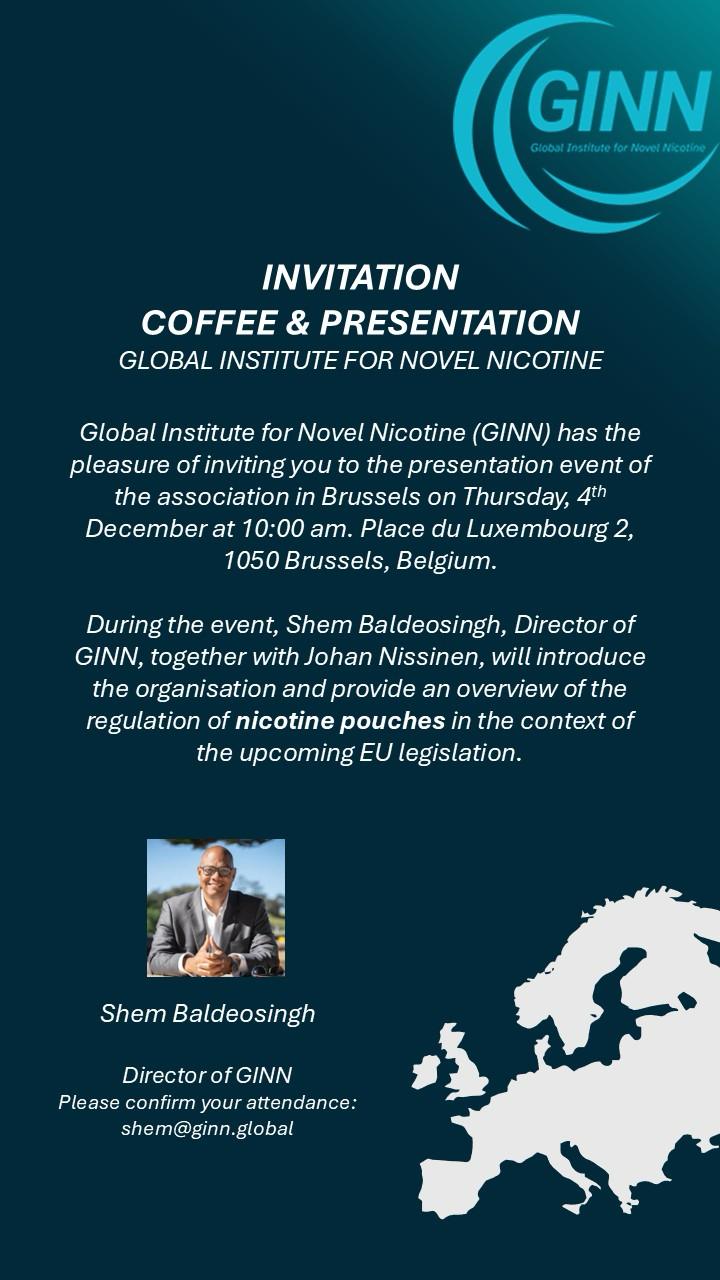In the fast-evolving landscape of nicotine products, a silent threat is gaining momentum across the Middle East and North Africa (MENA): illicit nicotine pouches. While this product category is still relatively new to the region, its rapid growth—especially in Saudi Arabia—has created both success stories and serious challenges.
A Promising Start, Followed by Illicit Surge
Nicotine pouches have been introduced in Saudi Arabia with strong early results, demonstrating potential as a harm reduction tool and alternative to smoking. However, unexpected consumer demand outpaced initial supply capacity, creating a temporary gap that allowed illicit products to flood the market.
While companies like Badael have since scaled up operations and expanded legal availability across more cities and retail points, the illicit market has proven resilient—and dangerous.
The Multifaceted Risks of Illicit Nicotine Pouches
💰 Economic Undermining: Draining Public Revenue
Illicit pouches are more than a public health concern—they’re an economic liability. By evading taxation and regulatory oversight, they:
- Deprive governments of vital public revenue
- Undermine fiscal policies that support healthcare and social programs
- Fuel shadow markets that erode legal industry competitiveness
🚨 Public Health Risk: A Ticking Time Bomb
With no quality control, illicit nicotine pouches pose real health dangers:
- Inconsistent or excessive nicotine levels
- High risk of nicotine poisoning, especially among youth
- Unknown additives and long-term health impacts
- Increased addiction risks due to unregulated distribution
🛡 Consumer Safety: A False Sense of Security
These products often appear legitimate—but they’re anything but:
- Bright packaging and flavours designed to attract young users
- Misleading or non-existent labeling
- No warnings, dosage guidance, or manufacturing disclosures
- Zero enforcement of age restrictions or sales controls
A Nascent Category Under Threat
In a new and unfamiliar category like nicotine pouches, illicit activity is especially dangerous. Poor quality and non-compliant products risk undermining the credibility and potential of pouches as a whole—especially among new consumers who are just learning about this harm reduction option.
A Fragmented Regulatory Landscape
The MENA region presents a patchwork of approaches:
- The UAE has introduced important safeguards:
- Minimum purchase age of 18
- Nicotine strength capped at 16.6 mg per pouch
- But many other MENA markets lack comprehensive regulation or enforcement.
Globally, 34 countries have now implemented regulations for nicotine pouches, including 23 with synthetic nicotine frameworks. MENA lags behind—highlighting the need for stronger regional and cross-border cooperation.
Enforcement Action in Saudi Arabia
Saudi authorities are acutely aware of the risks posed by illicit pouches. Law enforcement agencies have taken multiple field raids and issued retail-level fines to tackle the illegal trade head-on. These efforts are critical to protecting consumers and preserving the credibility of the legal pouch market.
A Regional Call to Action
To combat the illicit trade and protect both public health and economic stability, the region must:
- Advocate for clear, enforceable nicotine pouch legislation
- Support robust manufacturing and product safety standards
- Launch youth-focused awareness campaigns about unregulated products
- Strengthen cross-sector cooperation to monitor and dismantle illicit networks
The rise of illicit nicotine pouches is not just a public health issue—it is a regulatory, economic, and reputational threat to a promising product category. The time for coordinated action is now.







